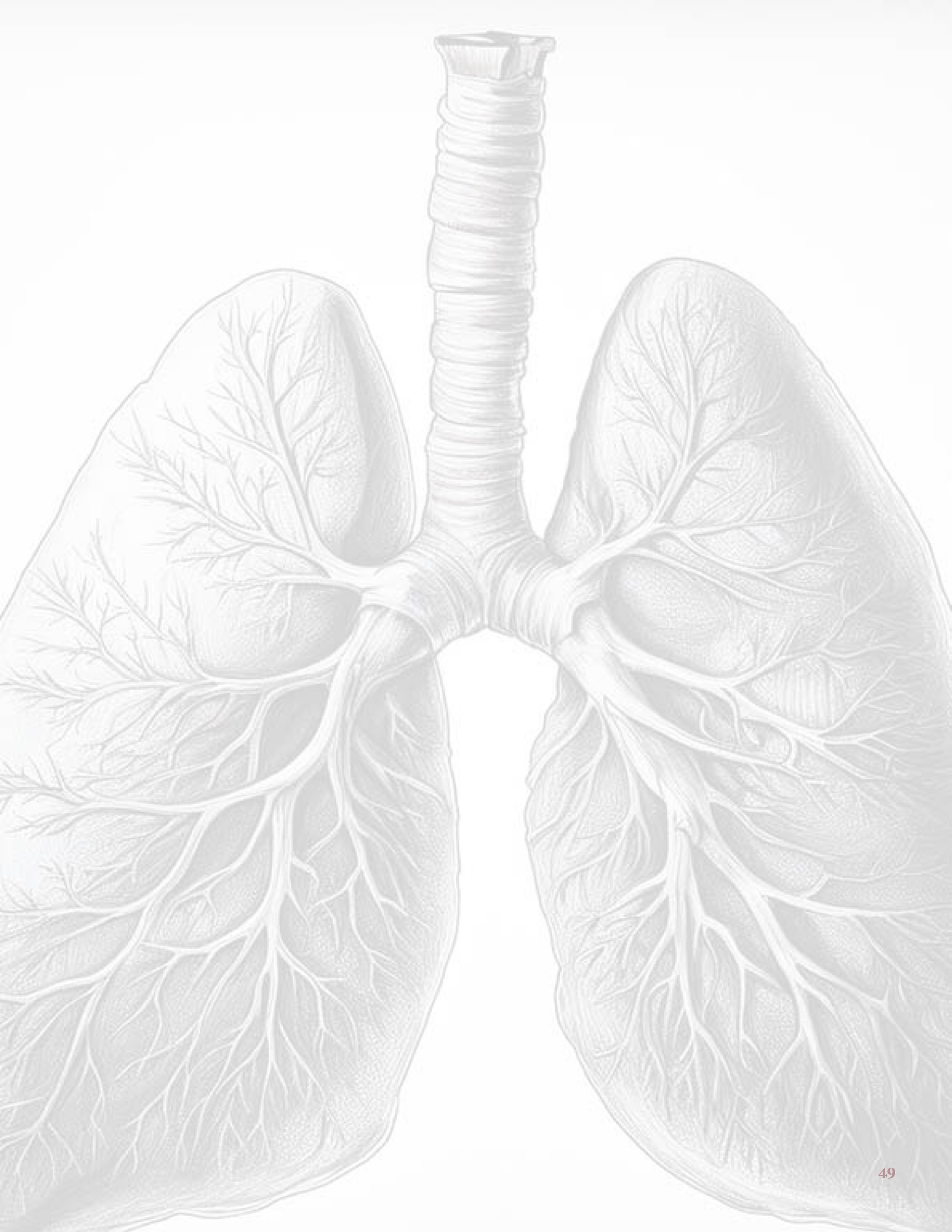Rethinking Obesity Hypoventilation Syndrome: is obesity the primary driver of hypoventilation?
DOI:
https://doi.org/10.33178/SMJ.2025.1.9Keywords:
Obesity Hypoventilation Syndrome, Bariatric Medicine, Sleep Medicine, Respiratory, Obesity, HypoventilationAbstract
Background: Obesity Hypoventilation Syndrome (OHS) is usually diagnosed following an acute admission wit type 2 respiratory failure, or incidentally following overnight sleep studies in someone suspected of having Obstructive Sleep Apnoea. Obesity is widely considered to be the main causative factor in (OHS). It follows that with increasing Body Mass Index (BMI), evidence of nocturnal hypoxaemia would emerge strongly. We hypothesized that this assumption is not accurate and set out to investigate the relationship between BMI and nocturnal hypoventilation.
Methods: We conducted a retrospective analysis of 770 bariatric patients with BMIs ranging from 35-82kg/m2..Using linear and multivariate regression analysis, we assessed the relationship between BMI and surrogate markers for nocturnal hypoventilation, including average SpO2, Lowest SpO2, Time spent with SpO2<90% (T90), AHI, and bicarbonate levels.
Results: As expected, AHI increased with rising BMI, indicating a higher incidence and severity of Obstructive Sleep Apnoea as BMI increases. However, the correlation between BMI and hypoventilatory markers was weak: for instance, in BMI vs average SpO2 (r 2 =0.01). In Multivariate regression, BMI was only associated with AHI and Lowest SpO2, both of which are more characteristic of OSA rather than hypoventilation.
Conclusion: Our findings suggest that Obesity Hypoventilation Syndrome may be a misnomer, as obesity alone is unlikely to be the primary cause of hypoventilation. We propose the term “Idiopathic Hypoventilation” as a more accurate name, reflecting the possibility of an underlying neurological cause or disorder of ventilatory drive.
References

Downloads
Published
License
Copyright (c) 2025 Peter Macilwraith, Dr. Liam Doherty, Mr. Colm O' Boyle, Derbrenn O' Connor

This work is licensed under a Creative Commons Attribution-NonCommercial 4.0 International License.









